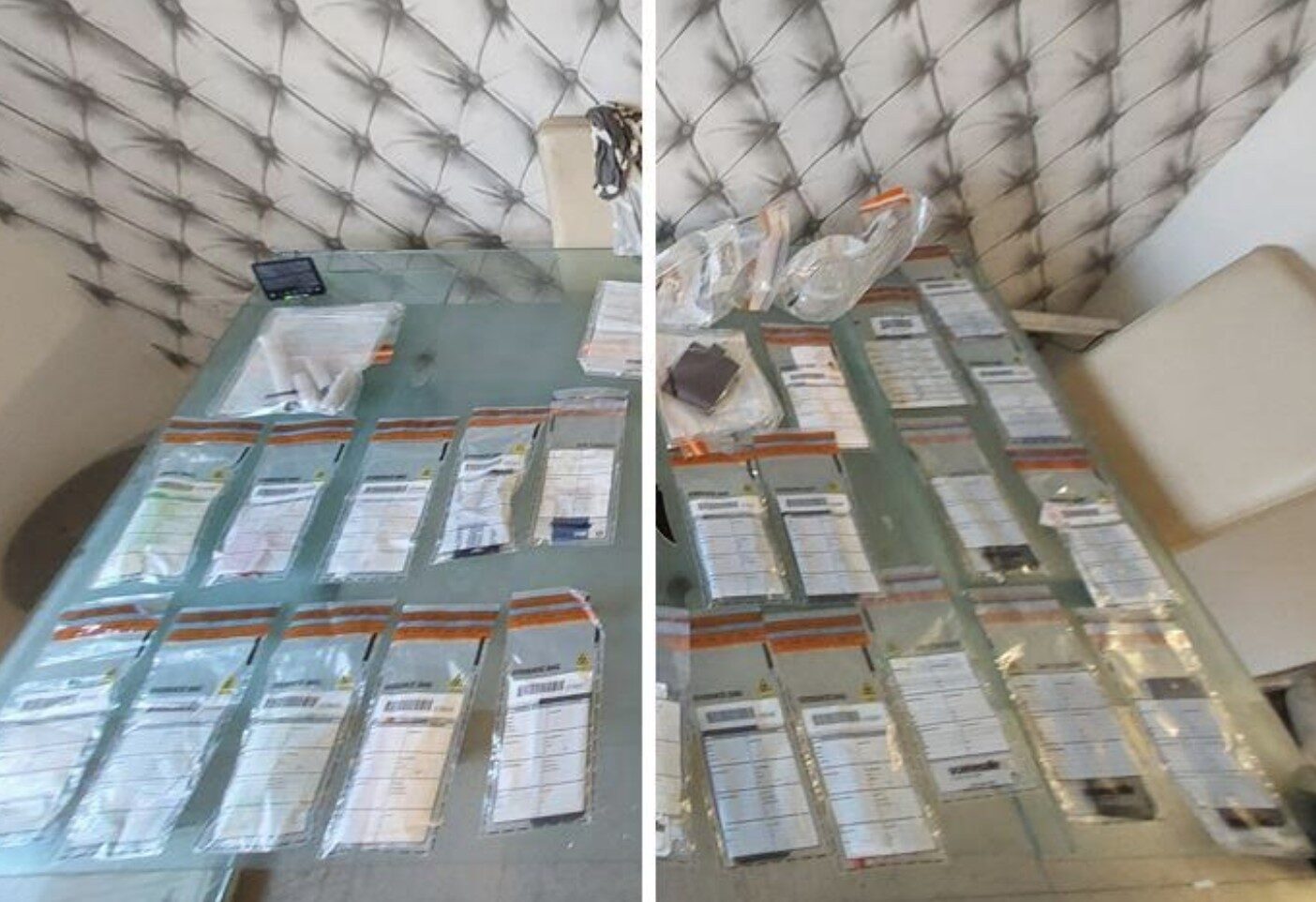Millions on antidepressants could be facing a hidden health crisis, a new major review reveals. British scientists warn these common meds might be driving weight gain, high blood pressure, and increased heart problems. The findings demand doctors rethink prescriptions and monitor patients more closely.
Amitriptyline: The Heart Risk Culprit
Analysing data from over 58,500 patients across 30 antidepressants, UK neuroscientists found some drugs pack a serious punch to your heart health. Leading culprit? Amitriptyline, a tricyclic antidepressant, linked to a hefty 1.5kg weight gain in just eight weeks. Nearly half of those on it also saw their heart rate rocket and blood pressure climb, sharply boosting stroke and heart disease risk.
- Heart rate surged by 9 beats per minute
- Systolic blood pressure rose 5mmHg
- Stroke risk up 5% and death risk nearly 10%
Even worse, nortriptyline raised heart rate by over 13 beats per minute, ratcheting up cardiovascular strain.
Big Weight Differences Between Antidepressants
Researchers at King’s College London found a staggering 4kg weight difference depending on which drug a patient took. Other tricyclics like mirtazapine also fuelled weight gain, whereas popular SSRIs such as citalopram actually led to weight loss and safer heart stats.
- Citalopram users dropped around 0.65kg
- Blood pressure and heart rate generally fell with SSRIs
- But SNRIs like duloxetine raised blood pressure, adding to risks
Experts Demand Urgent Changes
The study published in The Lancet calls for prescribing guidelines to be updated urgently. Dr Toby Pillinger said: “Antidepressants are not identical—some cause major changes to weight, heart rate, and blood pressure quickly.”
Psychiatrists warn the findings “underscore the need for routine physical health checks” for patients on these drugs. Experts suggest antidepressant use be added to the UK’s QRISK heart risk assessment to improve patient safety.
Professor Andrea Cipriani from Oxford stressed, “Shared decision-making between doctors and patients is vital to balance mental health benefits with physical risks.”
Millions at Risk – Don’t Stop Meds Without Advice
With 8.8 million Brits on antidepressants, even small risks can affect thousands. Experts urge patients not to stop medication without consulting doctors.
Professor Frank Moriarty cautioned: “This study doesn’t show new or alarming side effects, nor does it address benefits or stopping risks.”
The Medicines and Healthcare products Regulatory Agency (MHRA) reassures patients all side effects are explained in leaflets. Patients worried about side effects should speak to healthcare professionals and report issues through the Yellow Card scheme.
What Patients Should Do
- Don’t stop antidepressants without medical advice
- Discuss side effects with your doctor
- Ask about dose adjustments or alternative meds
- Regularly check weight, blood pressure, and heart rate
This landmark review aims to empower patients and doctors with better info, encouraging personalised care—not scaring people off these vital medications. But with antidepressant use soaring and questions mounting about effectiveness and side effects, this study sounds a critical alarm for the NHS and patients alike.





































